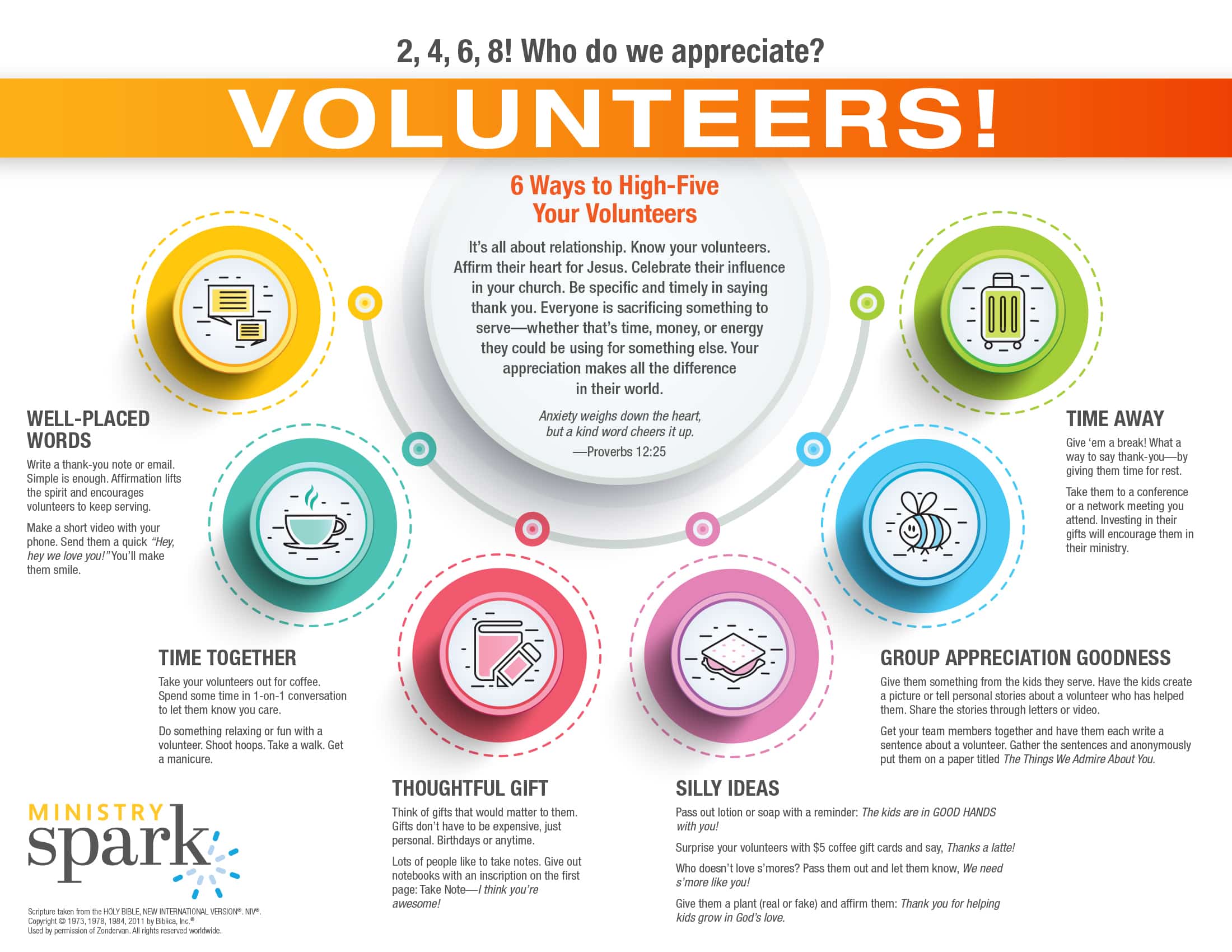This past year has left many of us reeling in ministry. The pandemic has redefined what ministry, a church service, ministry engagement, and volunteering looks like. On the one hand it can be overwhelming, but it has also been an opportunity to hit the reset button in many parts of ministry. Frankly, this gets me excited about leading our staff and volunteer culture in this season.
This past year, we did just that. We used the opportunity of the pandemic to reset weekly expectations and mission as our volunteers returned. We started with some basic questions:
- What is the culture we want to create?
- What are some values we want to instill?
- Are there some habits we want to change?
- What is the experience we want for guests?
When you raise up the body of Christ to do the work of Christ, your ministry becomes much richer.
In The Art of Leadership, Max DePree says two important things: “The first responsibility of a leader is to define reality. The last is to say thank you.”
Leading Your Volunteers
I’m not sure if you are spinning in regard to volunteers, but the first thing that helps is to define reality for your team in terms of your volunteer culture and how you equip and empower volunteers.
In other words, what is your volunteer culture like? Ask your staff and volunteers. And be willing to listen to what they say.
I have found that in ministry, often our volunteer culture and philosophy is compartmentalized by department. It rises and falls based on who is leading. So, part of defining reality is asking the tough questions about your ministry of all your departments and then bringing them together in one room to talk about it.
And the goal is to not stop there, but to leave with action items. Even if you have a plan, you need to ensure that people execute the plan because the hard part is doing something about it.
Be Encouraged

Let me encourage you. I remember years ago sitting in a workshop about recruiting and equipping volunteers. I felt dejected and hopeless. One of the things that stuck with me from that class was this: It is okay to feel sad about your current state of affairs. But it is not okay to stay there.
You have an opportunity to change the trajectory. It will take about a year for you to change this. But if you stick to the plan, you will change the culture and have allowed others to join you and use the gifts God has given them.
Below you’ll find some processes and tools I have used over the years and areas our ministry has moved in order to better equip and empower our volunteers.
It is okay to feel sad about your current state of affairs. But it is not okay to stay there.
1. Treat Volunteers as One Team
Whether a person serves on our parking team, worship team, or kids’ team—they are an important part of the ministry at our church. We are all in this together and everything we do leads to life change together.
One value we have chosen in this season is that we do a team huddle prior to our services on Sunday morning. This huddle is with all of our teams in one place reinforcing that everyone on the team is important. We spend the time casting vision, praying together, equipping together, and appreciating our team for what they do.
2. Spend Time Equipping
When you start a new job in the workplace, one of the most important factors in deciding if you want the job is if you resonate with the job description. You can view some sample job descriptions here.
Make sure that you start with a job description and that you provide initial training that shows a team member how to do what is in the job description.
Create a training outline. Don’t wing it. Take time to write down what you want someone to know what to do in the role that you are equipping them for. The last thing someone wants to hear when you are recruiting them is, “Oh, it’s easy, anyone can do it.”
They want to know the why, what, when, where, and the how. And they want to know they are making a difference. Whether your training is in person or video led, make sure your training includes on-the-job training.
3. Have A Coaching Plan
This is where on-the-job training comes into play. Having a leader observe someone while they are working in the role is helpful. And offering instant feedback and appreciation is the most important way to help someone get better at what they are doing in order to become an expert.
Each volunteer matters, and the work they do makes kingdom impact.
Equip experienced leaders to lead training for new team members. Part of our volunteer team structure includes a coaching model so that staff members are not the only people on our team providing coaching.
When you raise up the body of Christ to do the work of Christ, your ministry becomes much richer. And, as a plus, it should cause your ministry to continue even if the paid staff member leaves the church or switches areas of ministry.
4. How Empowering Makes the Difference

Part of any good volunteer training includes empowering team members to be able to make decisions in the moment. After all, this is their ministry! If you constantly cast vision to your team, they will know your values and be able to continually share them.
A principle that really stuck with me from the book Inside the Magic Kingdom: Seven Keys to Disney’s Success by Tom Connellan, is that one of the key reasons Disney has been so successful for such a long time, is that everyone walks the walk. “Every time a customer comes in contact with your company, you have an opportunity to create value.”
And you can only achieve that when you have cast a compelling vision that your staff and volunteers own.
5. Appreciate Your People
We communicate a lot to people in the way we take care of them.
Appreciation doesn’t have to be something that is expensive. However good appreciation is something that is personal. Make this part of your weekly routine.
In his book Turn the Ship Around, Lieutenant David Marquet makes a similar point about rewards and leadership, “Immediate recognition means just that, immediate. Not thirty days. Not thirty minutes. It should be immediate.”
There are all kinds of creative things you can do to show you appreciate people—even a simple, handwritten note is appreciated by people in the where ministry I serve.
•••
These are a few how-to steps for equipping and empowering the volunteers in your ministry—whether they serve in-person or virtually. Each volunteer matters, and the work they do makes kingdom impact.












